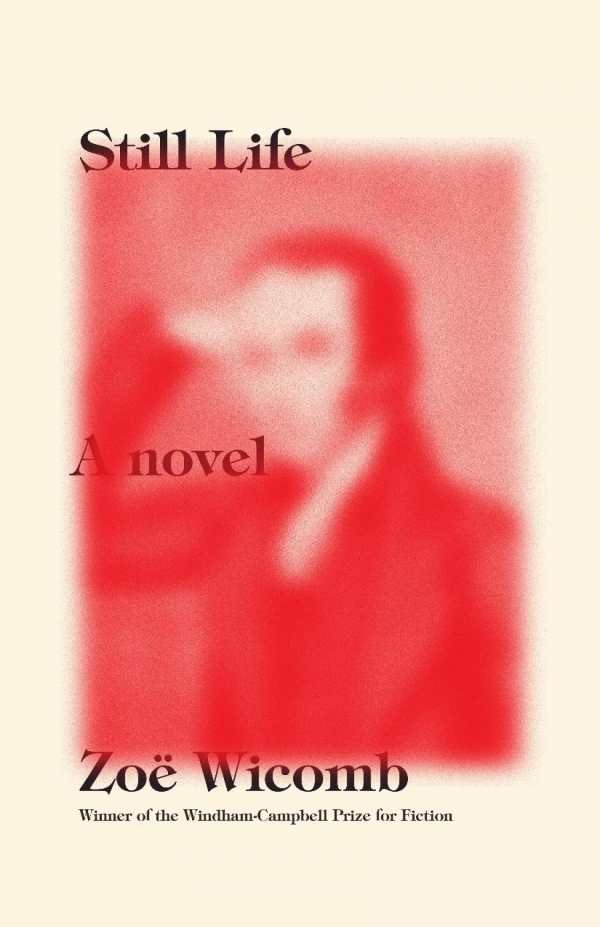Still Life
Historical figures reevaluate the legacy of an abolitionist in Zoë Wicomb’s novel Still Life.
Plagued by writer’s block, an author allows the contemporaries of Thomas Pringle, a Scottish-born poet and abolitionist, to take the reins and record his history themselves. Their admiration of, and gratitude for, their beloved “Mr P” is soon tempered by doubts about his true motives. As they learn more about Thomas and their own lives, each decides how to cope with the new information.
The unnamed author uses contemporaneous written works to resurrect Mary and Hinza, former slaves rescued by Thomas and his wife. Granted new lives for the purposes of bolstering Thomas’s reputation, Mary and Hinza navigate the morals and judgments of the modern world and hold each other to account. They revisit Thomas’s life, from his abolitionist work to his poems about life in nineteenth-century South Africa. They wrestle with what turns out to be a complicated legacy: while Thomas showed great sympathy for some oppressed people, he also participated in, and benefited from, their oppression. His poems, revered in South Africa, are long forgotten elsewhere and feature egregious—perhaps even irresponsible—flights of fancy.
But—being drawn from written works rather than real life, and embarking on their quest over a century after the fact—the characters struggle to complete their mission. Many of the papers Thomas left behind are now lost. The pain of learning that someone they care about may not be who they thought he was lays Hinza and Mary low. Their tenacious but fragile work is a unique way of grappling with the inevitable reassessment that every public figure’s legacy must undergo.
Timely and thought-provoking, Still Life is a novel about the complexities of human compassion and the impermanence of legacies.
Reviewed by
Eileen Gonzalez
Disclosure: This article is not an endorsement, but a review. The publisher of this book provided free copies of the book to have their book reviewed by a professional reviewer. No fee was paid by the publisher for this review. Foreword Reviews only recommends books that we love. Foreword Magazine, Inc. is disclosing this in accordance with the Federal Trade Commission’s 16 CFR, Part 255.

